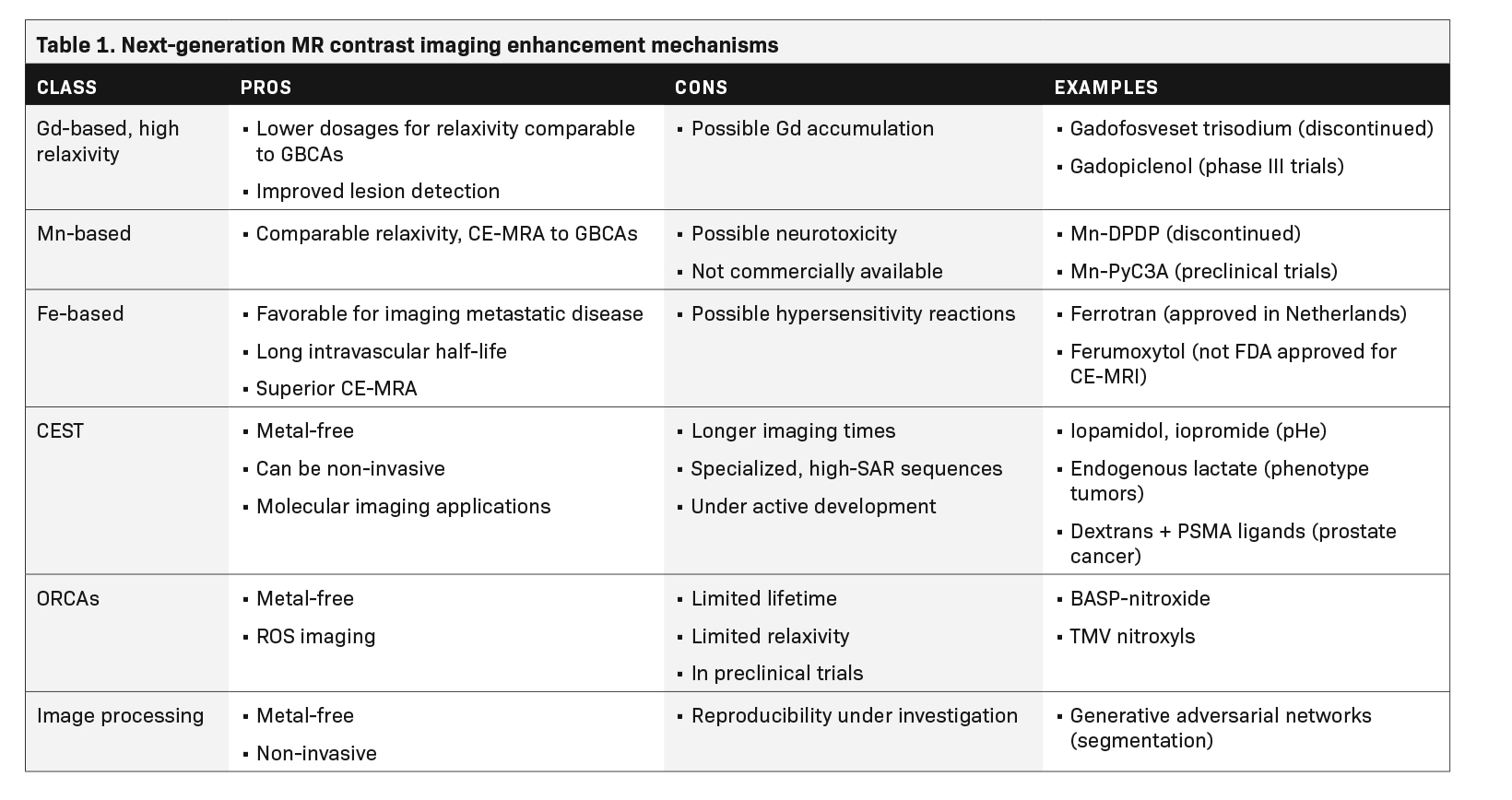Hi guys, I just had an MRI (MR Enterography) yesterday and made a couple changes that were very successful.
1. Changed oral contrast from Breeza to Volumen. I had Breeza in the past but it contains sucralose which is bad for Crohn's, and a lot of sugar alcohols which cause cramping and diarrhea. Last time the diarrhea was very bad and even had an accident after! This time on Volumen I had no cramping, no diarrhea, and it tasted very similar - slightly sweet but light to medium thick texture. I think this should be the standard oral contrast agent. I can't believe they give Breeza to IBD patients - or anyone, really, without telling them of the possible side effects of ingesting 30g of sugar alcohols. I'm going to talk to my doctor about it.
2. I opted to NOT have IV gadolinium contrast. In the past I have done 3 MRI's with IV contrast. Gadolinium is a heavy metal that is chelated to make it pass through the body, but in reality not all of it is expelled and some deposits in the brain they are now just discovering (MD parents have confirmed and advised to steer clear). I've had unexplained disturbing electric shocks under the skin of my left knee and outside of my right hand, which after further investigation seems to be the defining side effect of gadolinium toxicity; hopefully this will go away in time but it has been almost 2 years since my last gadolinium exposure. There are much worse side effects than what I have. There are other contrasts being used off label (Feraheme iron) but the hospital I was at lacked a protocol for using it so did not want to use it on me in an experimental manner. The other benefit of skipping the IV contrast is that it shortens the procedure time. We'll have to see how the images turned out without contrast - the Radiologist I spoke with thought it would be worthwhile even without it.
I hope this helps!
1. Changed oral contrast from Breeza to Volumen. I had Breeza in the past but it contains sucralose which is bad for Crohn's, and a lot of sugar alcohols which cause cramping and diarrhea. Last time the diarrhea was very bad and even had an accident after! This time on Volumen I had no cramping, no diarrhea, and it tasted very similar - slightly sweet but light to medium thick texture. I think this should be the standard oral contrast agent. I can't believe they give Breeza to IBD patients - or anyone, really, without telling them of the possible side effects of ingesting 30g of sugar alcohols. I'm going to talk to my doctor about it.
2. I opted to NOT have IV gadolinium contrast. In the past I have done 3 MRI's with IV contrast. Gadolinium is a heavy metal that is chelated to make it pass through the body, but in reality not all of it is expelled and some deposits in the brain they are now just discovering (MD parents have confirmed and advised to steer clear). I've had unexplained disturbing electric shocks under the skin of my left knee and outside of my right hand, which after further investigation seems to be the defining side effect of gadolinium toxicity; hopefully this will go away in time but it has been almost 2 years since my last gadolinium exposure. There are much worse side effects than what I have. There are other contrasts being used off label (Feraheme iron) but the hospital I was at lacked a protocol for using it so did not want to use it on me in an experimental manner. The other benefit of skipping the IV contrast is that it shortens the procedure time. We'll have to see how the images turned out without contrast - the Radiologist I spoke with thought it would be worthwhile even without it.
I hope this helps!

